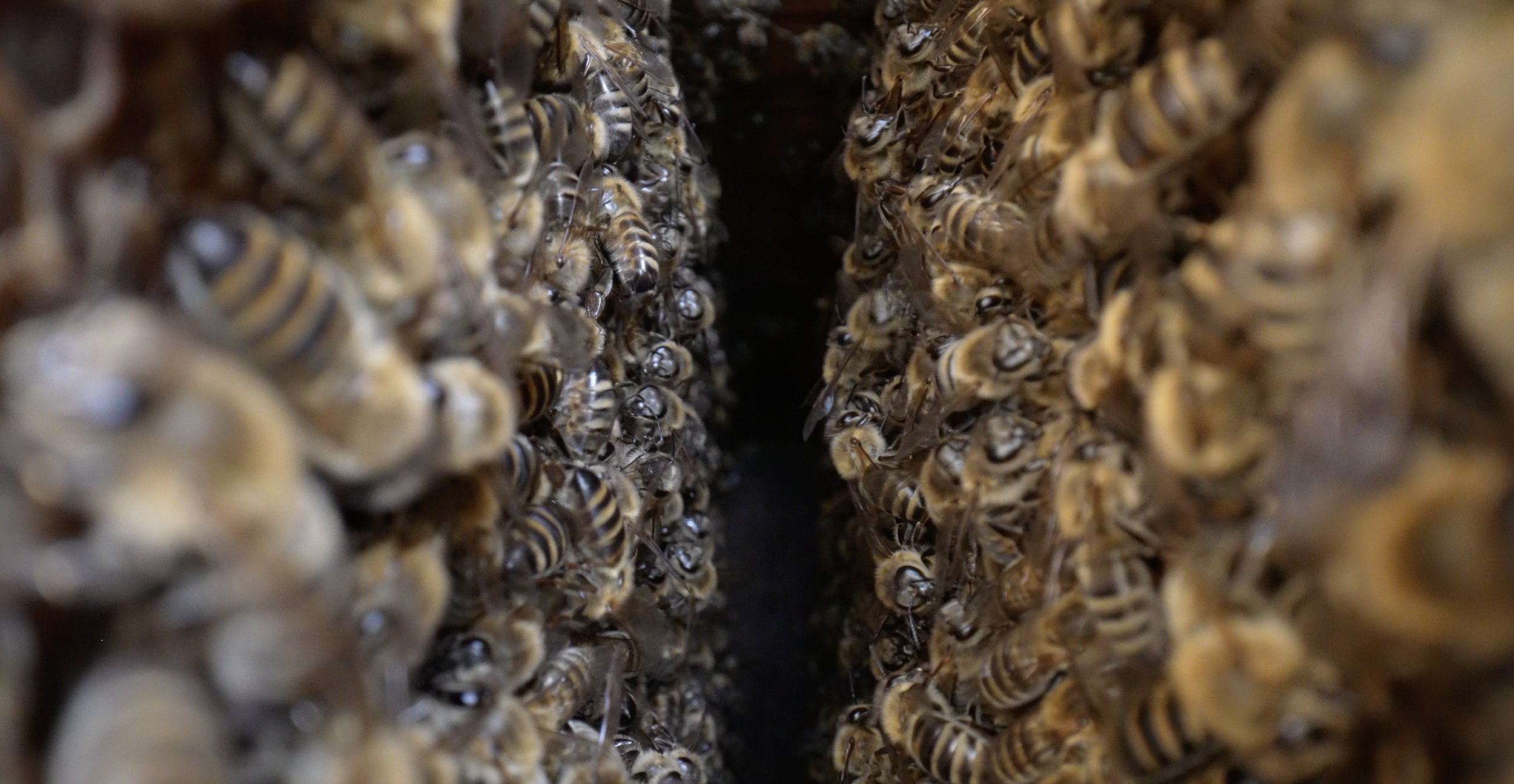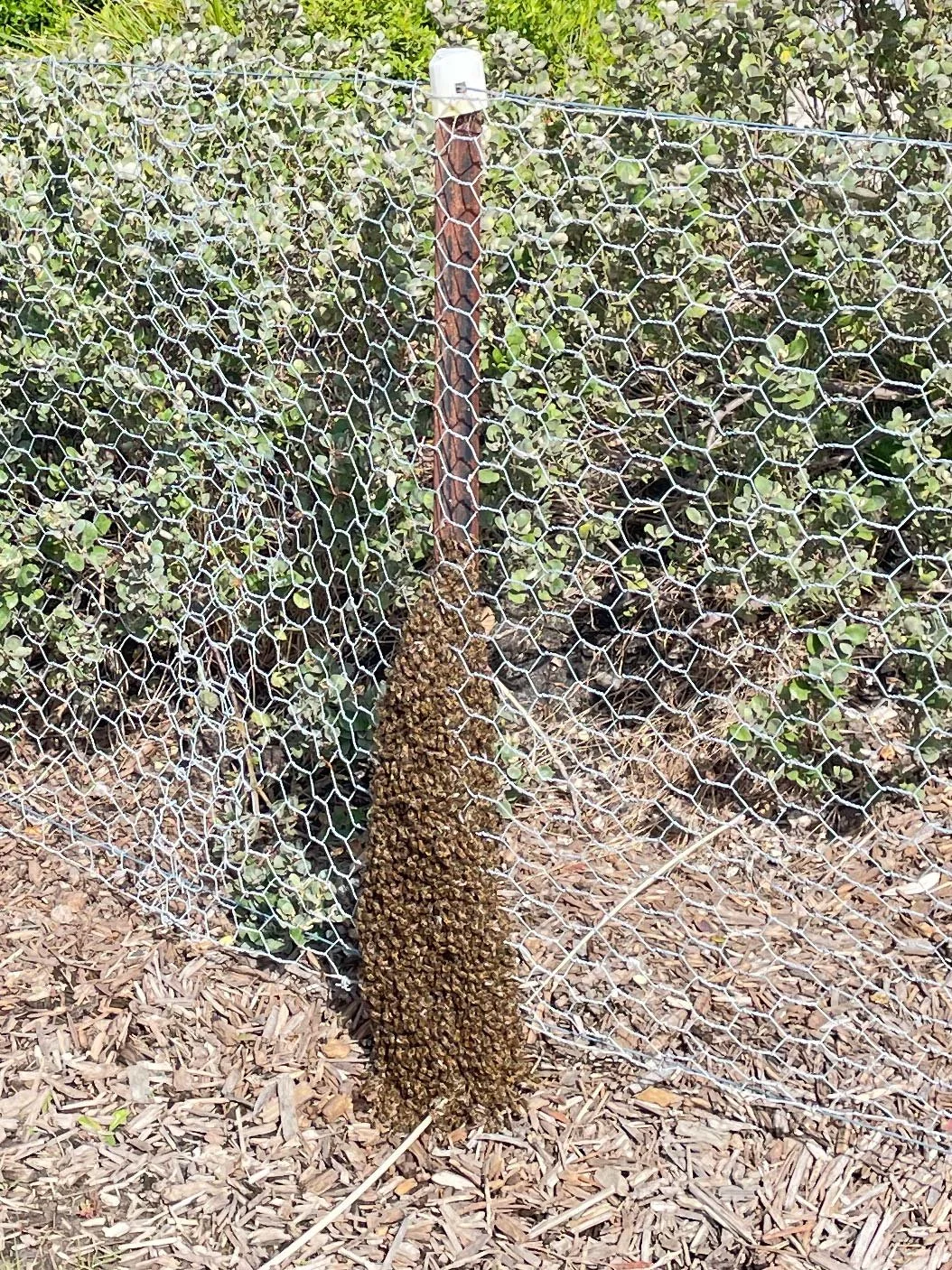
Our Mission
South Gippsland Beekeepers cultivate a welcoming and thriving community of beekeepers by providing comprehensive education and support for enthusiasts at all experience levels. We promote sustainable beekeeping practices for the enhancement of bee population health.
Our next Club Meeting
Thursday 15 January 2026, 7pm
Club catch-up and varroa support session
The past few years we have met in January for a casual catchup, however if varroa has found its way into members’ hives by this time, this is an opportunity to get some support from the specialists and other members.
Supper will be provided.
Our club meetings are on the second Thursday of each month at St Peter's Anglican Church Hall, 2 Bruce Street, Leongatha.

“If bees only gathered nectar from perfect flowers, they wouldn't be able to make even a single drop of honey.”
— Matshona Dhliwayo
What is the bee’s main job?
In simple terms, bees play a crucial role in plant pollination. They transfer pollen between plants of different sexes, facilitating fertilization, and even between different parts of the same plant, aiding in its reproduction. Bees also contribute to the survival of plants by preventing inbreeding.
And if we had no bees? The potential loss of plants pollinated by bees would impact the entire ecosystem, affecting animals that depend on those plants and so on up the food chain. A world without bees might struggle to support the global human population of 7 billion, leading to a significant reduction in the availability of fruits and vegetables in our supermarkets.
How can we help the bees?
Maintaining your own hive is more than just a rewarding hobby; it's a means of fostering robust honeybee populations and promoting essential pollination for plants and crops in your vicinity. Beekeepers enjoy a flourishing garden and the additional perk of harvesting honey. If you're keen on starting your own hive, participate in an upcoming Introductory Course.
Swarm Collection
Have you discovered a swarm of bees?
Generally, swarming bees are not aggressive, but we encourage you to contact our Swarm Coordinator so the bees can be safely re-homed in a managed hive.
Swarm Coordinator:
John Riske 0421 107 951
This service is provided free of charge; however, travel costs may apply.
If possible, please take a photo of the swarm and send it by text to the Swarm Coordinator before calling, as this helps us assess the situation more efficiently.
(Beekeepers are reminded that it is their responsibility to make every effort to prevent swarming and to collect any swarms originating from their own hives.)
Acknowledgement of Country
South Gippsland Beekeepers respectfully acknowledges the Bunurong and BoonWurrung people, the traditional custodians of the land on which we meet, live and work. We recognise their continuing connection to the land, water and community and pay respect to elders past, present and emerging.





